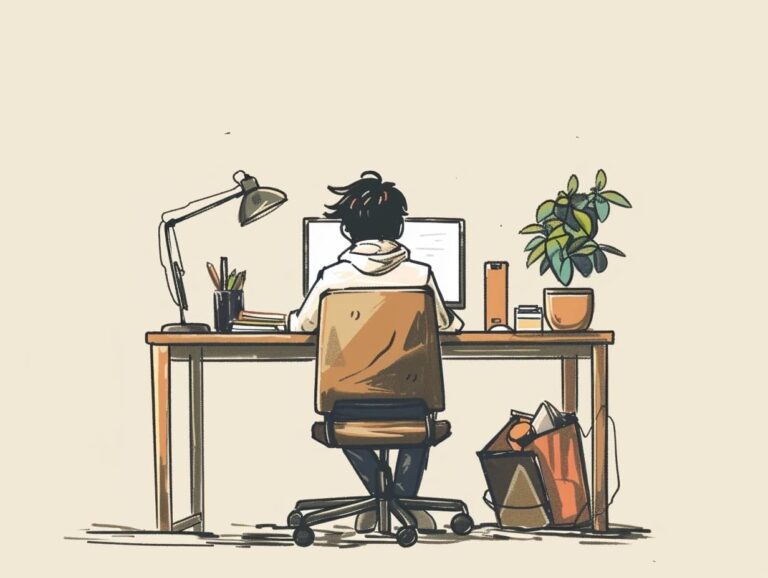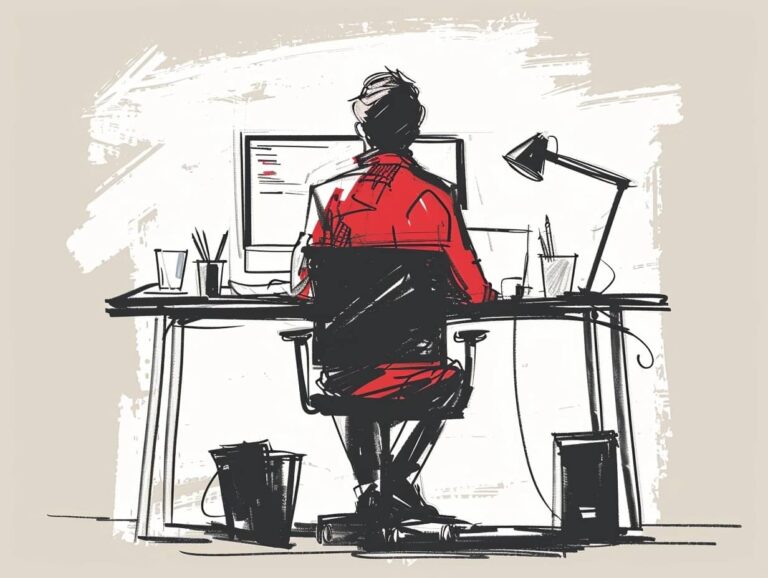The Importance of Continuing Medical Education for Healthcare Professionals
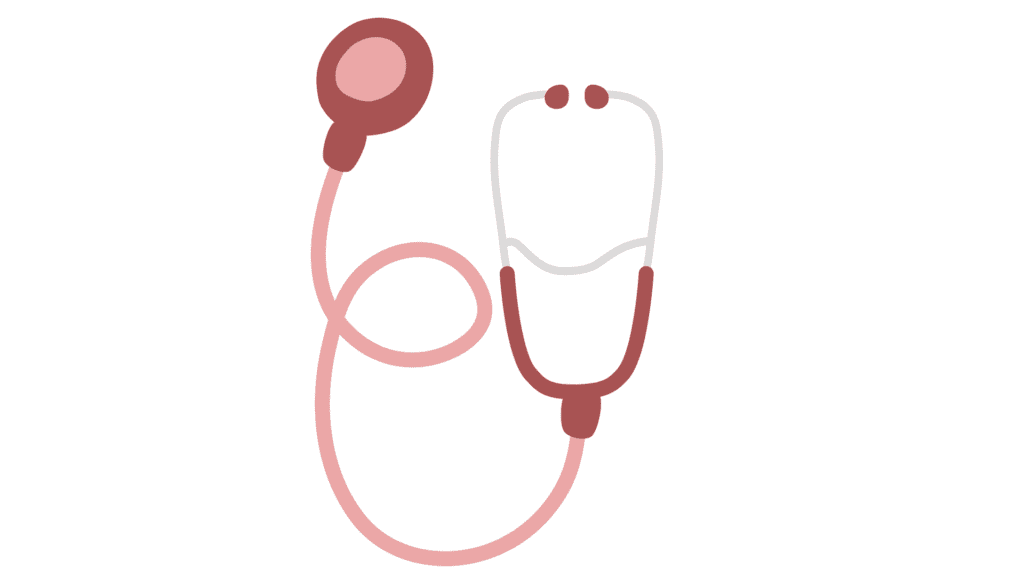
Let’s talk about why continuing medical education (CME) is such a big deal for healthcare workers.
As medical advancements move faster and faster, continuous learning improves patient care while building confidence among practitioners as they use new, evidence-based approaches in their fields of work. By continuing their studies, healthcare professionals hold themselves to standards expected by both patients and the medical community.
It’s not just about ticking boxes; it’s about staying up to date in a field that’s changing faster than you can say “stethoscope.”
Keeping up with medical advancements
Medicine isn’t standing still, and neither should you. New treatments, cutting-edge tech, and groundbreaking research are popping up all the time.
CME is your ticket to staying in the loop and giving your patients the best care possible.
Licensing and certification
Want to level up your skills? CME’s got your back.
Take surgical technology, for instance. Jumping into an accredited surgical technology program can teach you the ins and outs of prepping operating rooms, maintaining sterility, and being the MVP of the surgical team.
It’s a great way to add some serious skills to your repertoire.
Medical advancements
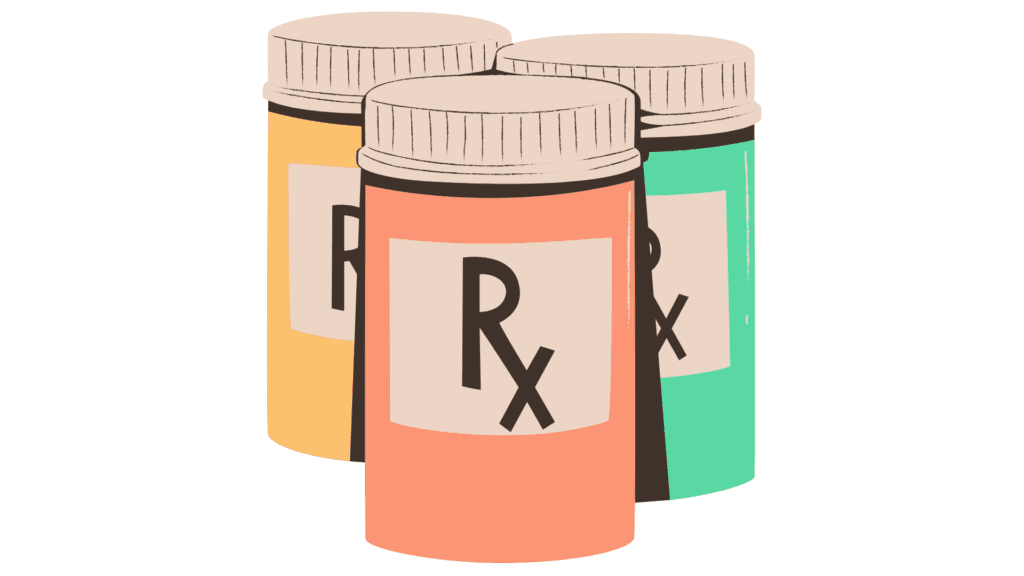
Every year brings a tidal wave of new discoveries in medicine.
CME helps you surf that wave instead of getting swept under. We’re talking changing meds, fancy diagnostic tools, and treatment methods that could make a world of difference in fields like oncology and emergency medicine.
Staying current isn’t just good practice; it’s crucial. Patients these days are pretty savvy about their health options, and you need to be able to speak their language and offer the latest and greatest in care.
Professional credibility and confidence
In healthcare, trust is everything. Patients need to know you’ve got the chops to take care of them.
CME helps you build that trust and feel more confident in your skills. It’s like hitting the gym for your medical know-how.
Specialized certifications or advanced training in areas like critical care nursing or anesthesia? That’s like adding a gold star to your medical resume.
Plus, rubbing elbows with other healthcare pros by attending conferences and workshops? That’s networking gold. You get to swap ideas, learn new tricks, and maybe even find a mentor or two.
Keeping your license
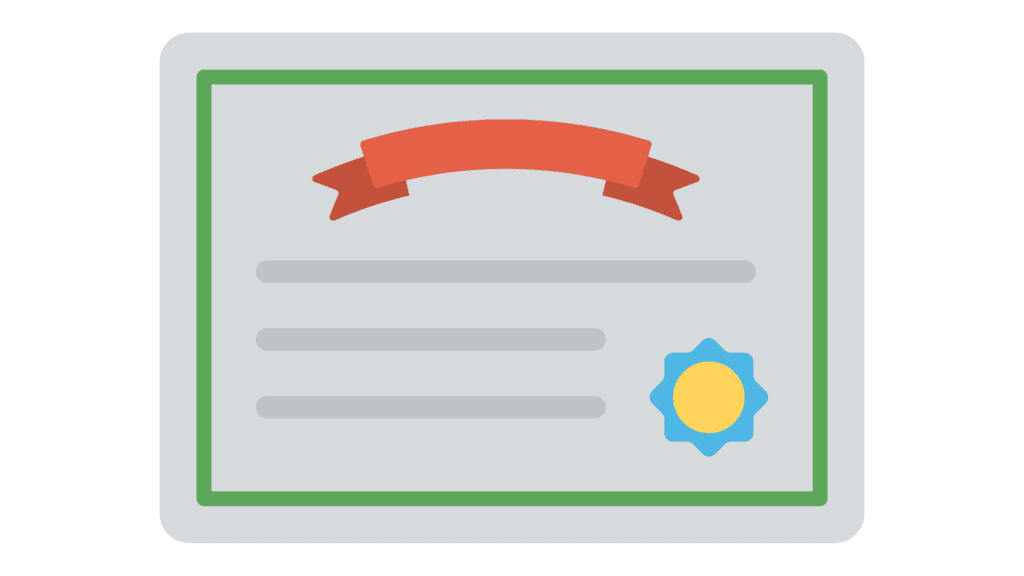
Let’s face it: CEUs (continuing education units) are part of the job.
Most healthcare fields require you to clock in a certain number of hours to keep your license or certification current.
It’s not just bureaucratic red tape; it’s about making sure you’re still on top of your game years after you first got that fancy diploma.Different jobs have different rules, but the goal’s the same: keeping you sharp and your patients safe. It’s like a quality assurance check for your brain.
Wrapping it up
CME isn’t just another thing on your to-do list. It’s key for staying awesome at what you do.
It helps you expand your skills, build your reputation, and keep your certifications current.
By investing in your education, you’re not just helping yourself; you’re upping the game for the whole healthcare field.
As medicine keeps evolving, those who keep learning are the ones who’ll be leading the pack, ready to tackle whatever health challenges come our way.



